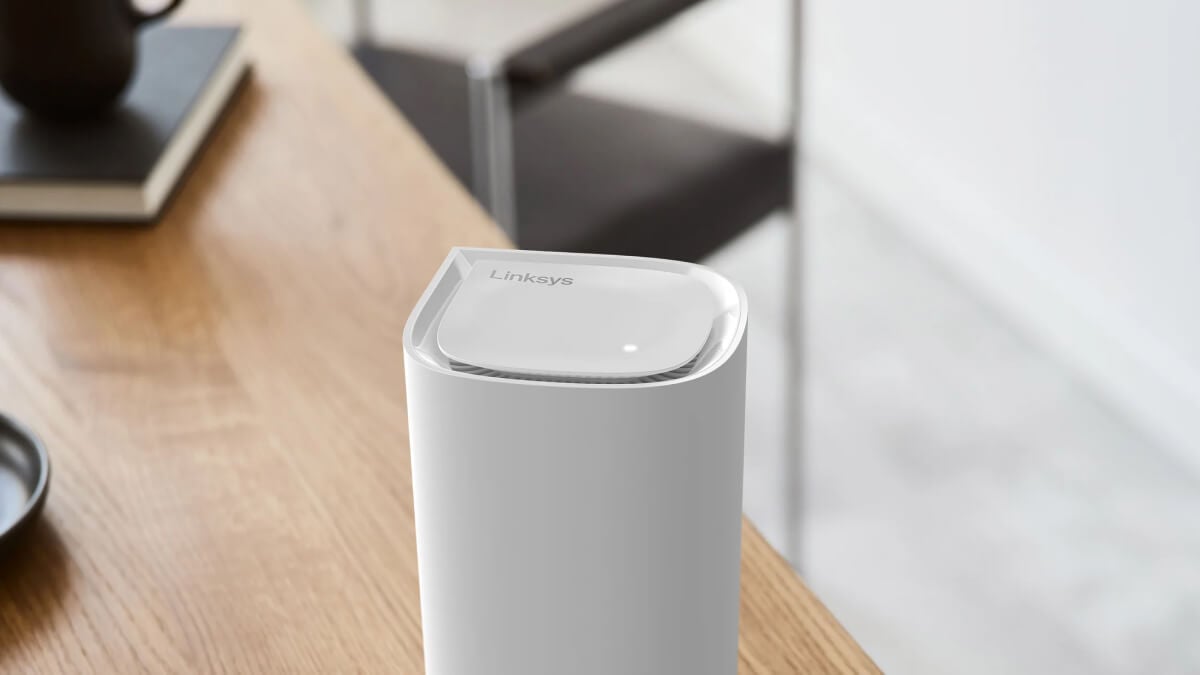- cross-posted to:
- hackernews@lemmy.smeargle.fans
- cross-posted to:
- hackernews@lemmy.smeargle.fans
During installation, the router sent several data packets to an Amazon server in the US. These packets contained the configured SSID name and password in clear text, as well as some identification tokens for this network within a broader database and an access token for a user session that could potentially enable a MITM attack.
Linksys has refused to acknowledge/respond to the issue.



That’s because the password is unencrypted.
HTTPS will encrypt the channel and the data in flight, but the data is still unencrypted and anyone with a key that validated (assuming it actually checks for certificate validity) now has access to your unencrypted password. So yes, even over HTTPS it should be considered unencrypted.
Whether or not they’re sending it over an encrypted channel, they’re still sending out an unencrypted password that they have no need for. Linksys has no reason to need the unencrypted password, and at best would only need a hashed password to accomplish whatever business case they’re sending that to solve. We have to assume that they’re also saving it in clear text given how they’re sending it in the clear as well.
No password should ever leave your network unencrypted, no matter the data channel encryption. Anything less is negligence , and the vendor should not be trusted.